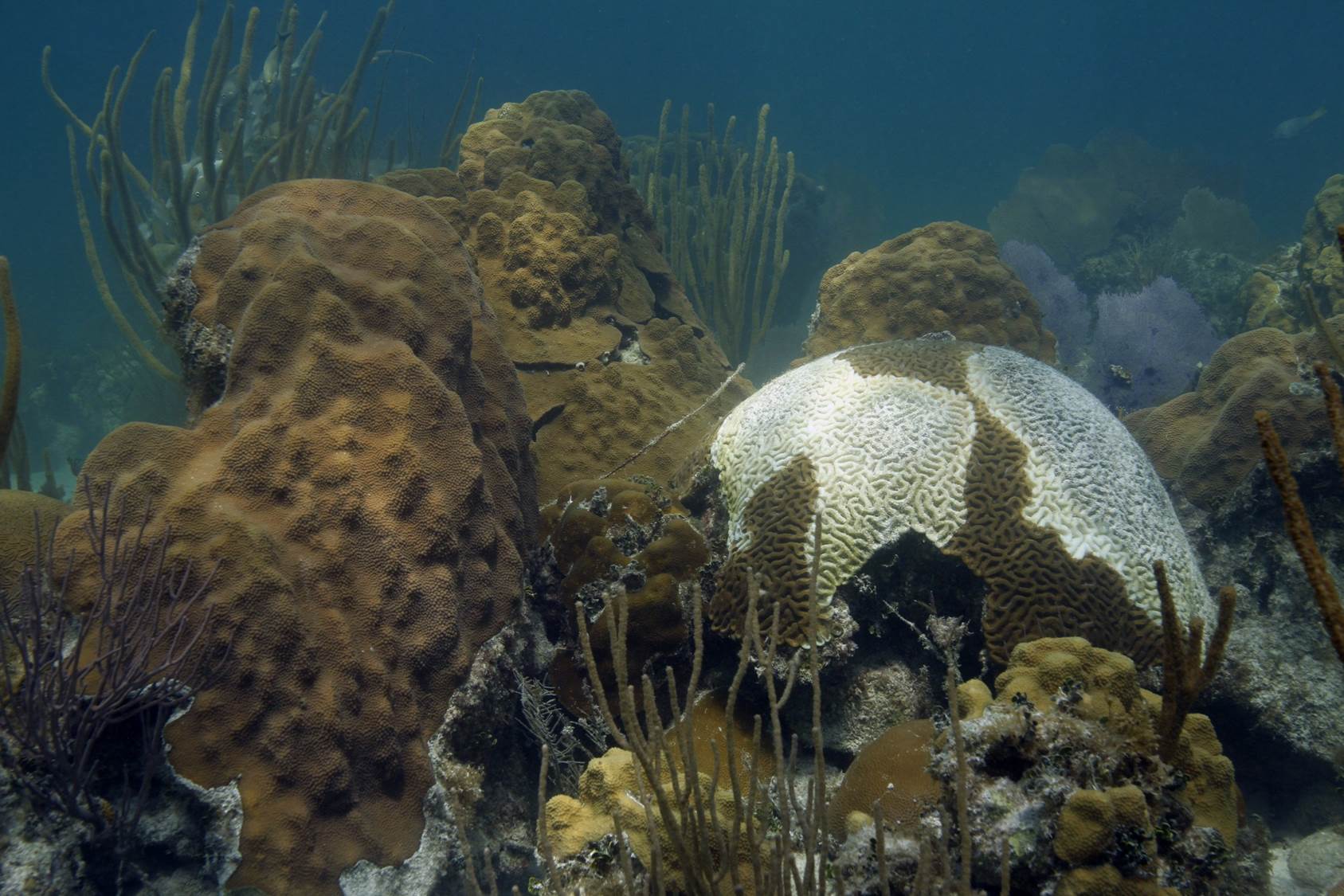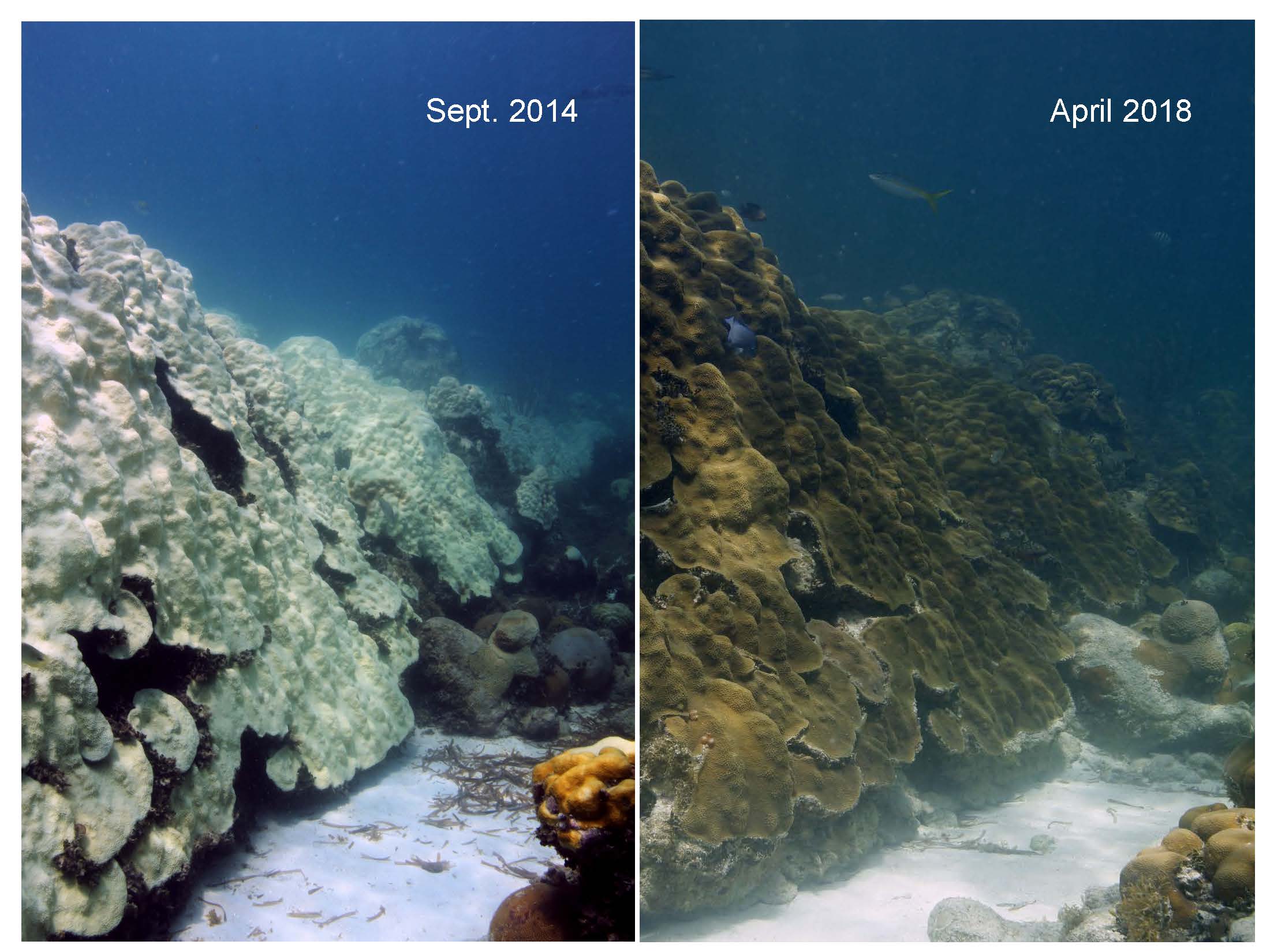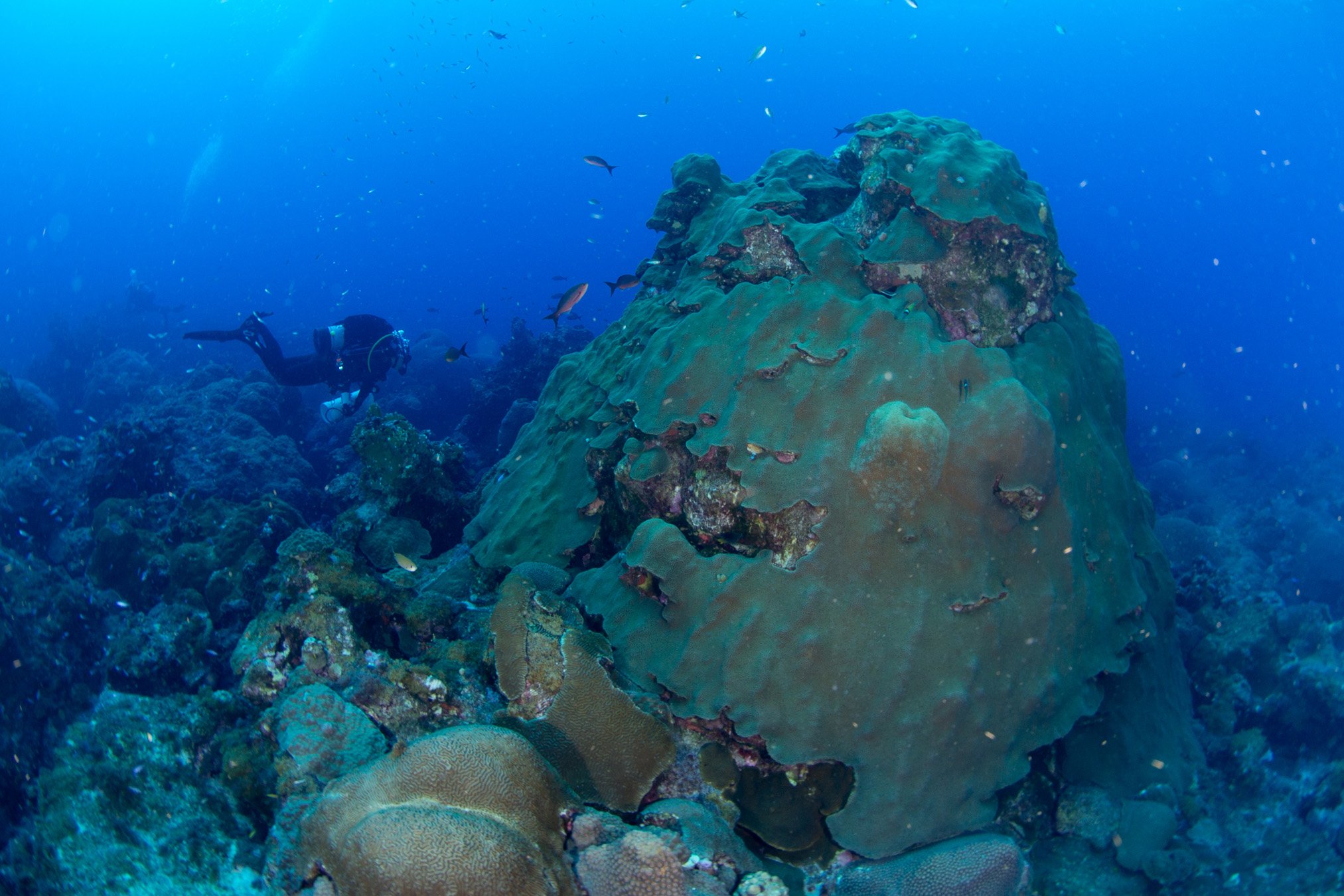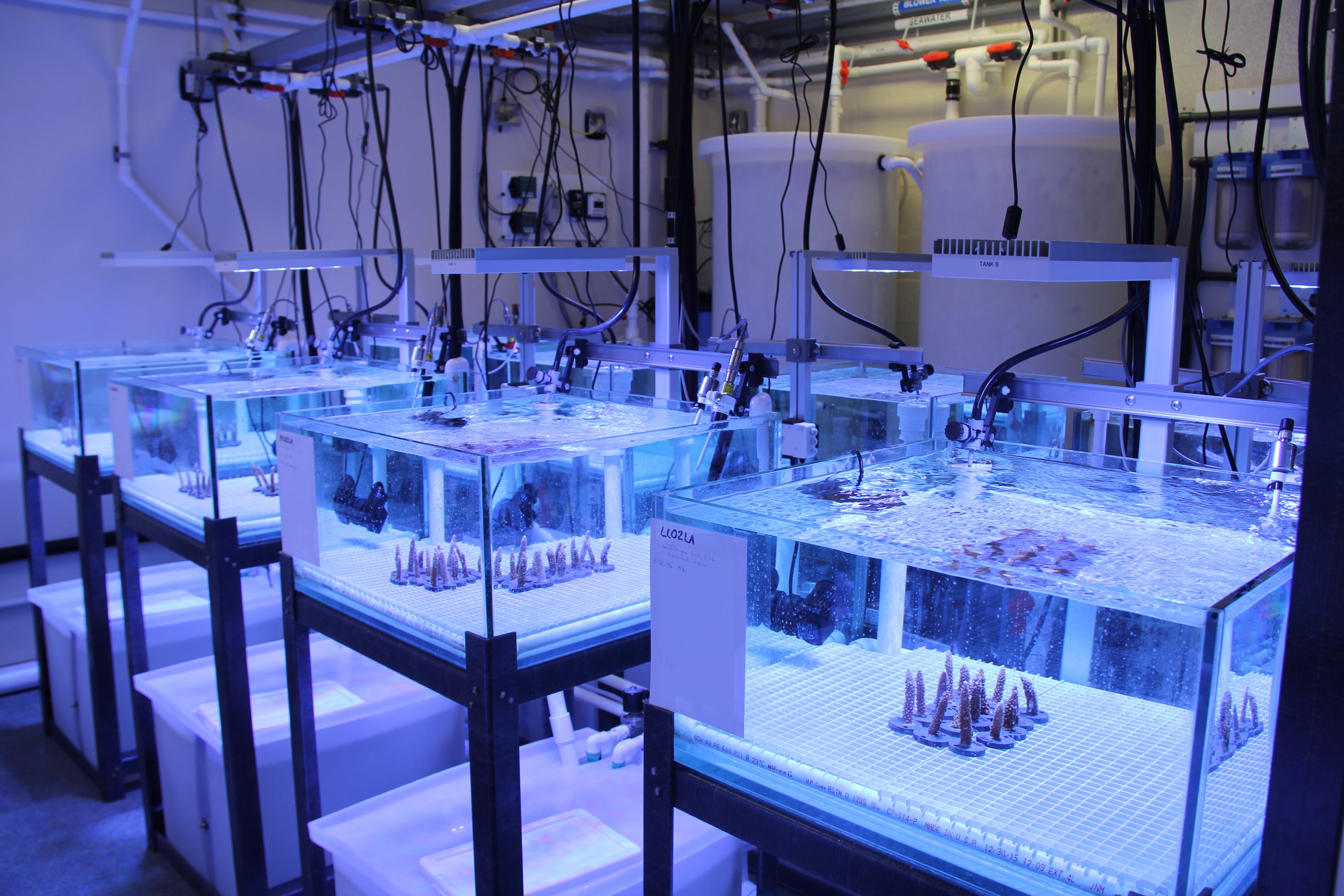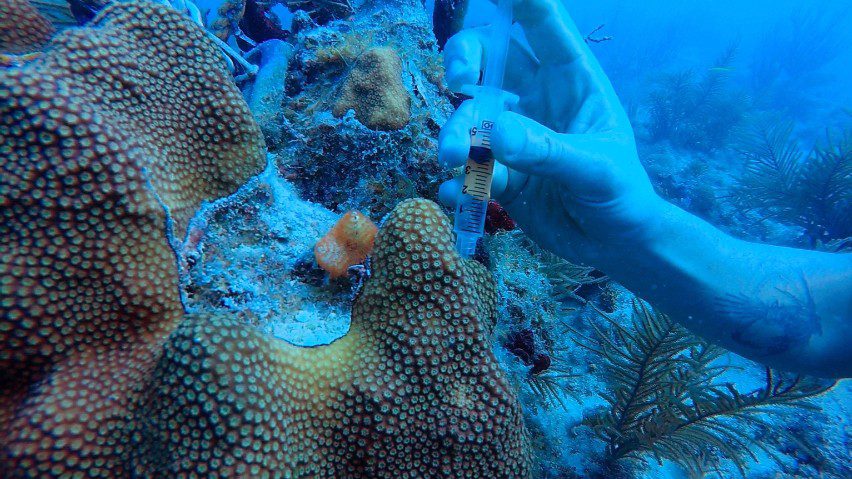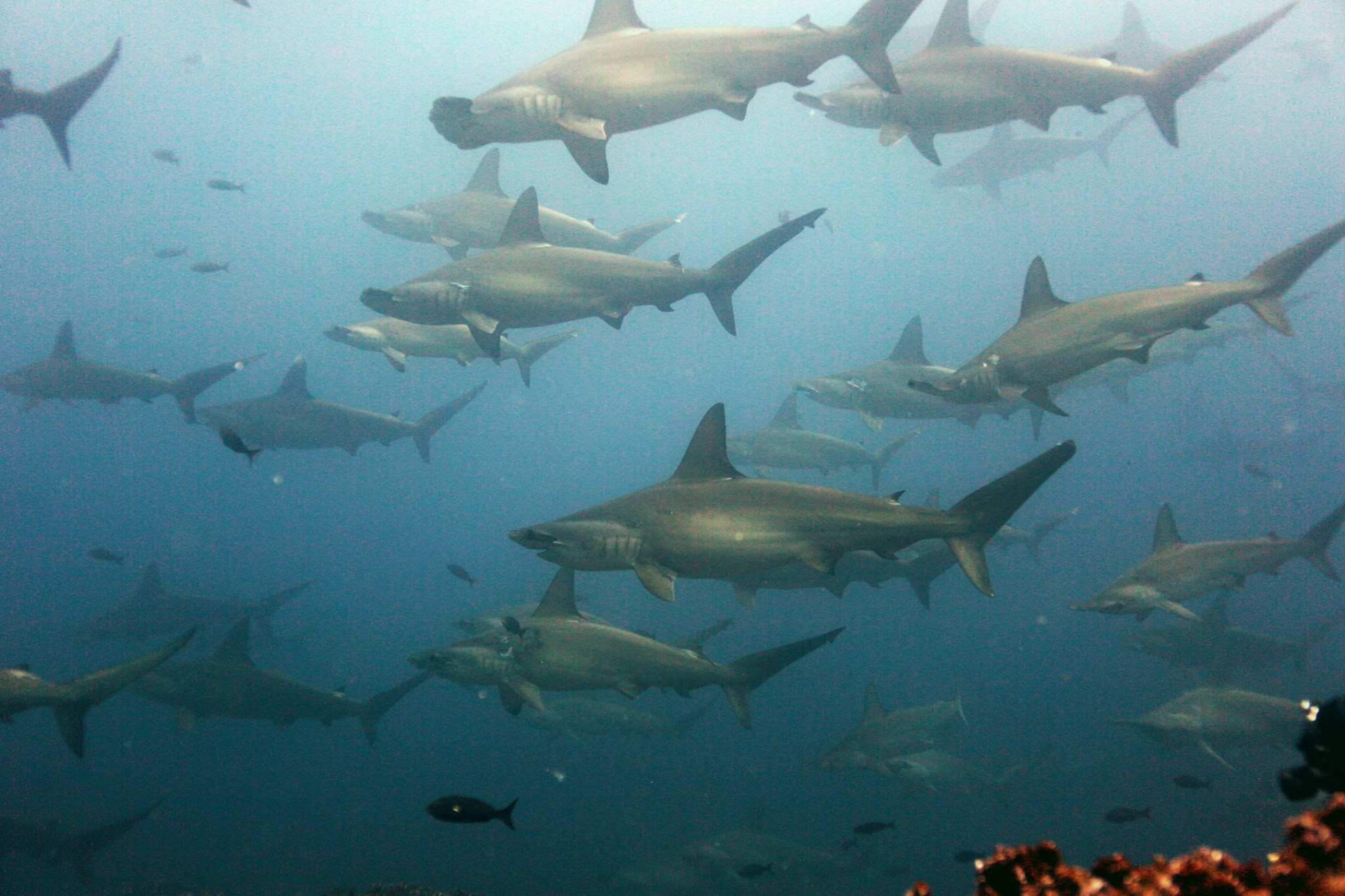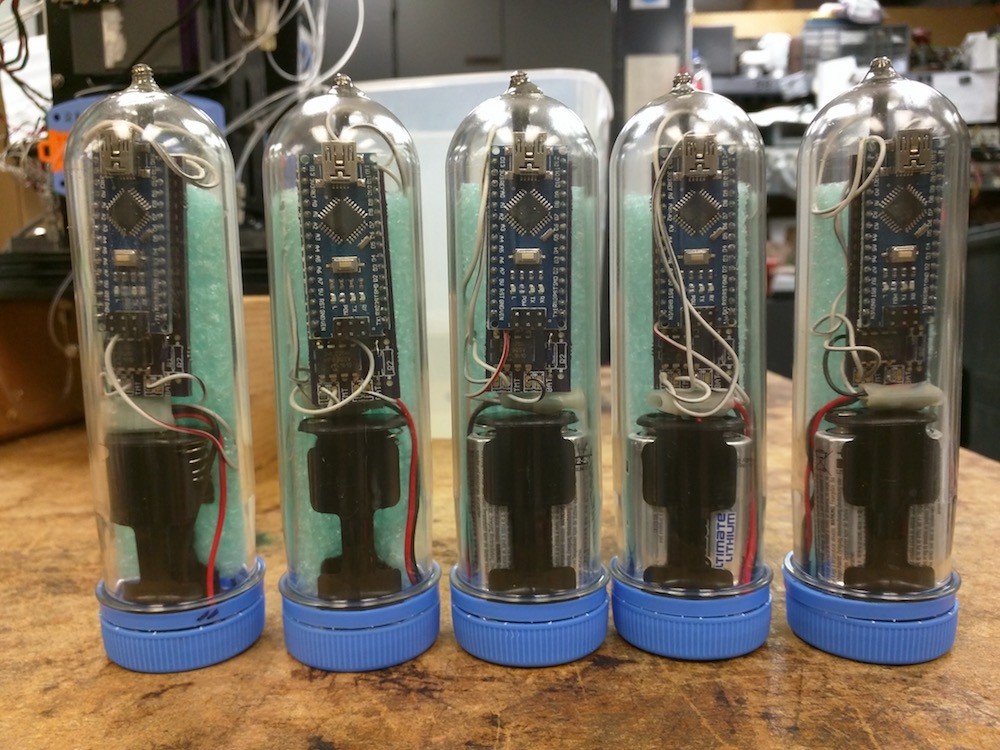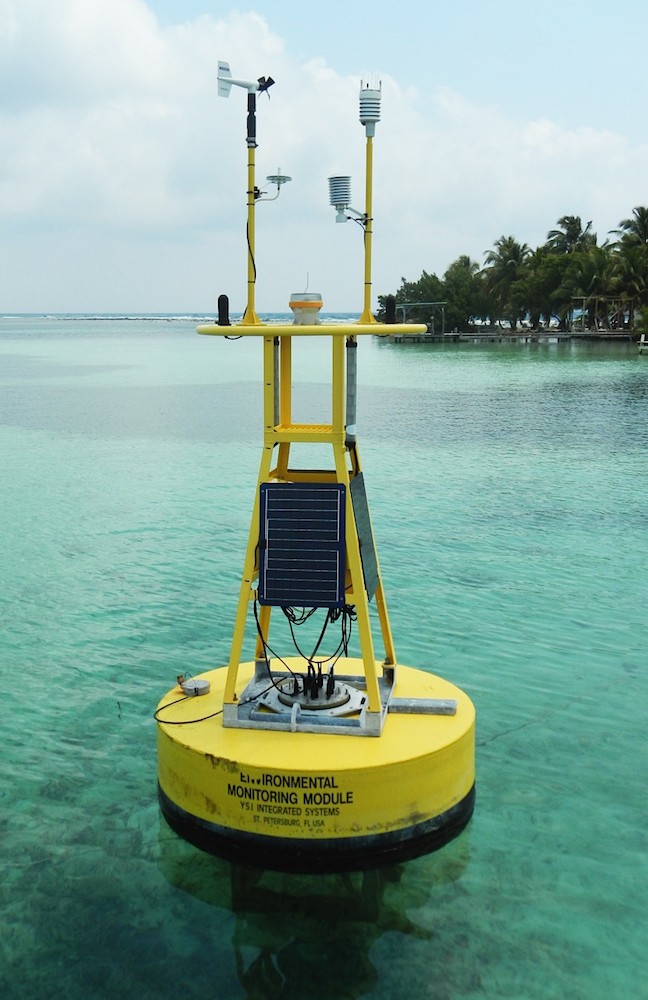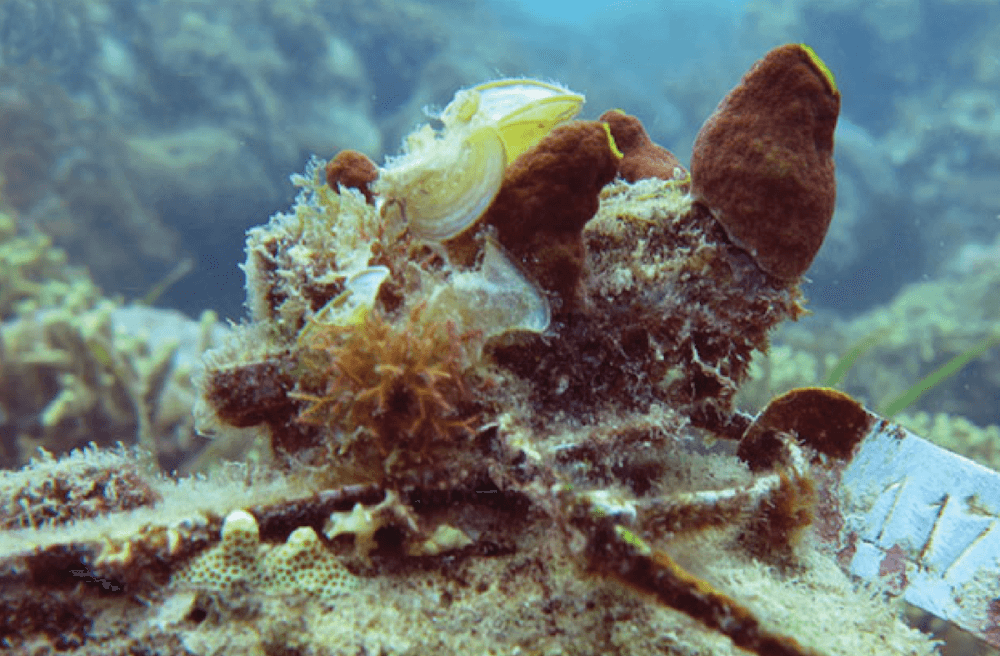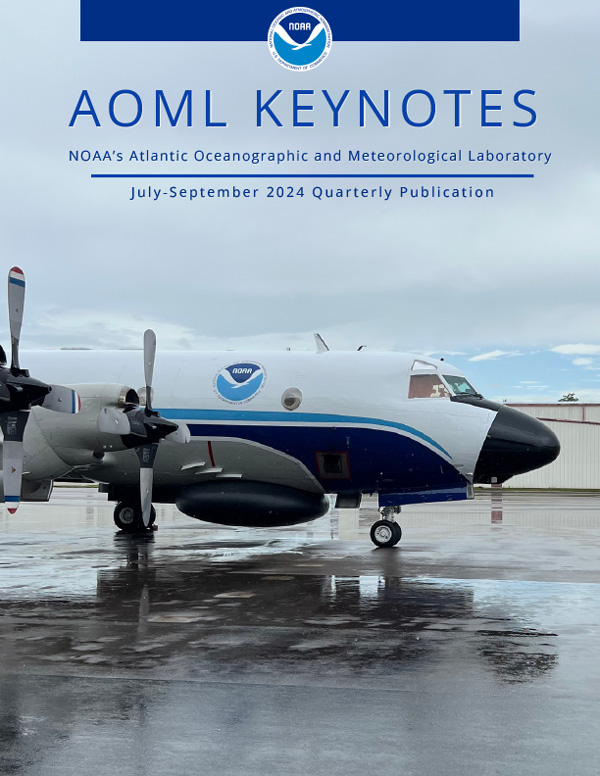Scientists Use 3D Printing Technology to Study Water Chemistry at Coral Reefs
AOML researchers have taken an innovative approach to studying the changing carbonate chemistry of seawater at shallow coral reef sites. Using 3D printing technology made possible by the new Advanced Manufacturing and Design Lab at AOML, researchers with the Acidification, Climate, and Coral Reef Ecosystems Team, or ACCRETE, have created a water sampler in-house.

